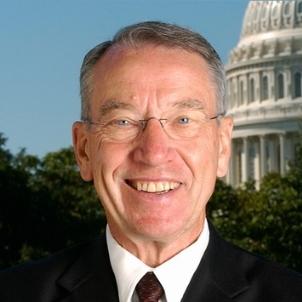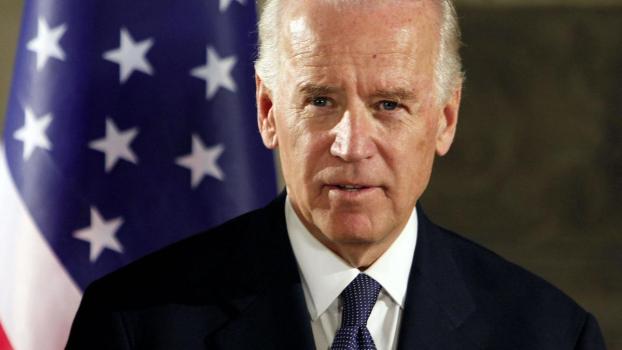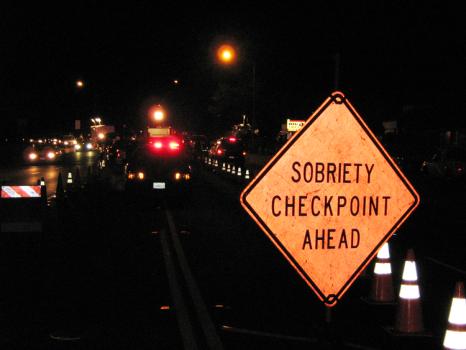
Sen. Charles Grassley (R-IA). The nonagerian drug warrior is worried marijuana rescheduling is moving too fast. (senate.gov)
New FL Polls Split on Legalization Initiative, Mexico Investigates Drug Kingpin's Delivery to US, More... (8/14/24
Long-time congressional drug warrior Chuck Grassley has concerns about marijuana rescheduling, Maine utilities regulators don't bite on an offer from the power company to rat out illegal marijuana grows, and more.








